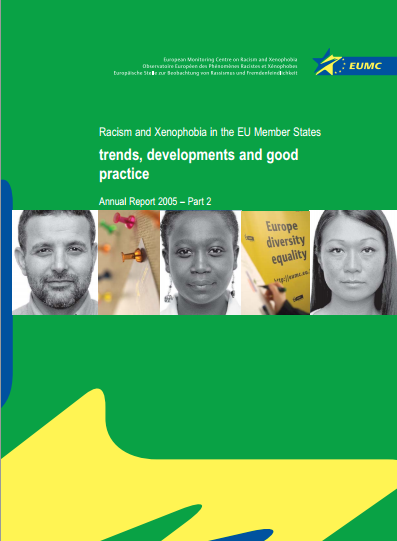“Ayaan Hirsi Ali is much more than just a voice for the voiceless oppressed. In person, she is a thoughtful, calm, clear, almost pedantic spokeswoman for the fundamental liberal values of the Enlightenment: individual rights, free speech, equality before the law.”
Timothy Garton Ash boosts the right-wing Dutch MP, friend of the late racist film-maker Theo van Gogh, a woman who is on record as saying that “immigrants from rural areas, most of them, are at a certain phase of civilization that is far behind that of the host countries, like the Netherlands”.
Guardian, 1 December 2005
Garton Ash may regard this as defending Enlightenment values. Others would see it as playing into the hands of the far Right.
An article in the Nation last June featured some harsh words about Ayaan Hirsi Ali from actual representatives of the oppressed.
From The Nation, 27 June 2005:
Hirsi Ali’s many critics contend that far from being a revolutionary, she brings a message that the West is all too willing to hear. They say that in calling for European governments to protect Muslim women from Muslim men, she and her admirers recycle the same Orientalist tropes that the West has used since colonial times as an excuse to control and subjugate Muslims. “White men saving black women from black men – it’s a very old fantasy that is always popular,” Annelies Moors, a University of Amsterdam anthropologist who writes about Islamic gender relations, said dryly. “But I don’t think male violence against women, a phenomenon known to every society in history, can be explained by a few Koranic verses.”…
Karima Belhaj is the director of the largest women’s shelter in Amsterdam. She’s also one of the organizers of the “Stop the Witchhunt!” campaign against what she sees as anti-Muslim hysteria. On the day we talked, she was despondent. Arsonists had set fire for the second time to an Islamic school in the town of Uden. A few days later a regional police unit warned that the rise of right-wing Dutch youth gangs potentially presents a more dangerous threat to the country than Islamist terrorism. “The rise of Islamism is not the problem,” Belhaj said. “The problem is that hatred against Arabs and Muslims is shown in this country without any shame.” With her message that Muslim women must give up their faith and their families if they want to be liberated, Hirsi Ali is actually driving women into the arms of the fundamentalists, said Belhaj: “She attacks their values, so they are wearing more and more veils. It frightens me. I’m losing my country. I’m losing my people.”
If Belhaj was sad, another “Stop the Witchhunt!” organizer was angry. Like Belhaj, Miriyam Aouragh is a second-generation immigrant of Moroccan background. A self-described peace and women’s activist, Aouragh was the first in her family to attend university. She’s now studying for a PhD in anthropology. She scoffs at the idea that Hirsi Ali is a champion of oppressed Muslim women. “She’s nothing but an Uncle Tom,” Aouragh said. “She has never fought for the oppressed. In fact, she’s done the opposite. She uses these problems as a cover to attack Islam. She insults me and she makes my life as a feminist ten times harder because she forces me to be associated with anti-Muslim attacks.”
Aouragh accuses Hirsi Ali and her political allies of deliberately fostering the hostility that has led to the attacks on Islamic institutions and to police brutality against young Muslim men. “I’m surprised the Arab-Muslim community isn’t more angry with her,” Aouragh said. “When she talks about Muslims as violent people, and Muslim men as rapists, this is very insulting. She calls the Prophet a pedophile. Theo van Gogh called the Prophet a pimp, a goat-fucker. Well, no, we don’t accept that.”
Although the press has focused on the threats against critics of Islam like Hirsi Ali and Geert Wilders, Aouragh says that there have been many more attacks on Dutch Muslims than on non-Muslims. She suspects that what the Dutch really fear is not Islamic fundamentalism but the prospect of having to deal with a new generation of highly educated young Muslims who demand a fair hearing for their values. “We are telling them, ‘We have rights, too. You have to change your idea about freedom or face the consequences.'”

 The Muslim minorities in Europe has been subject to increasing discrimination and violent attacks, EU’s racism watchdog said Wednesday, November 23, urging the European countries to do more efforts to combat racism and xenophobia.
The Muslim minorities in Europe has been subject to increasing discrimination and violent attacks, EU’s racism watchdog said Wednesday, November 23, urging the European countries to do more efforts to combat racism and xenophobia.